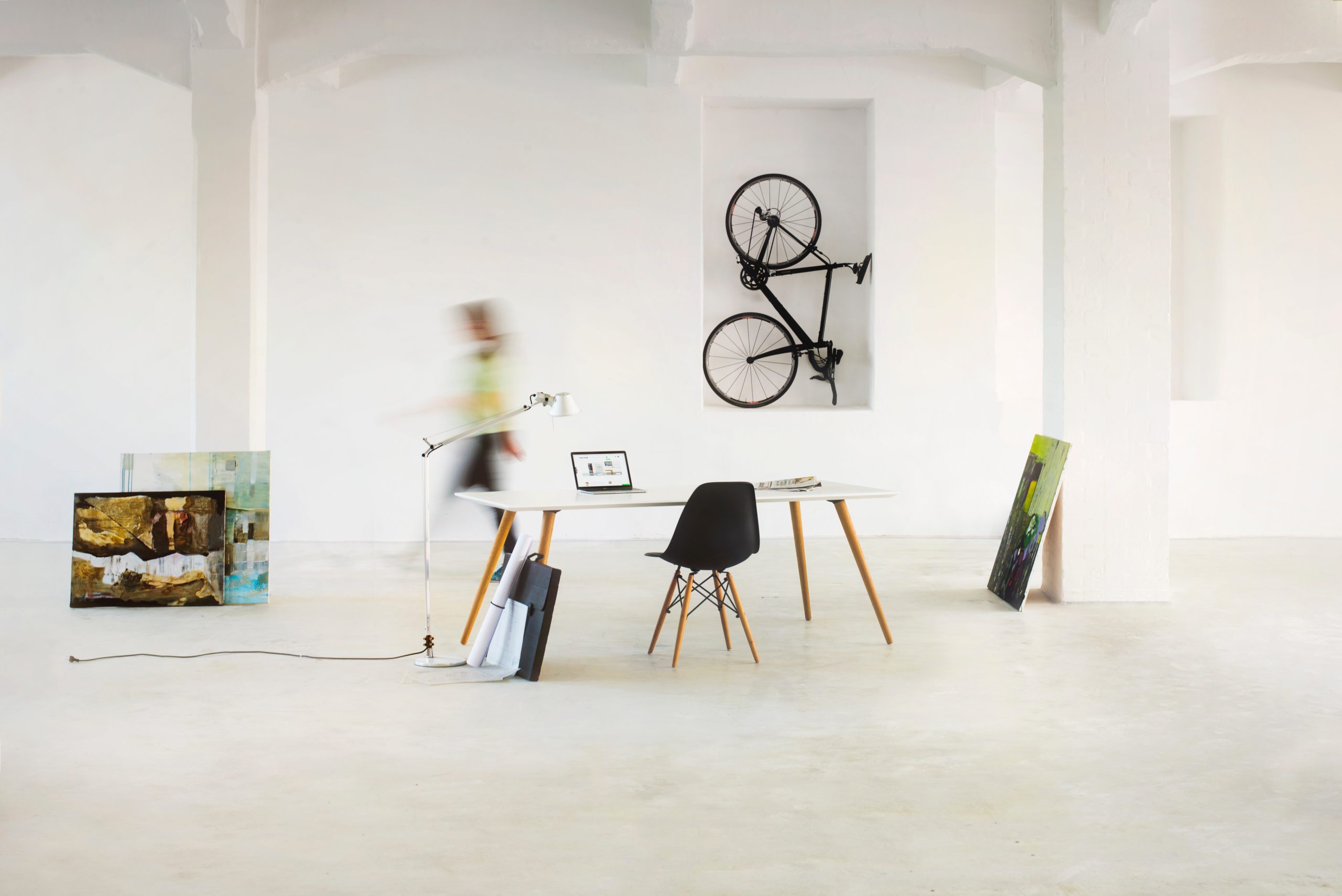Minimalism is a lifestyle choice that has been gaining popularity over the past few years. There are many definitions of the concept and over the years the concept has become about reducing the clutter from your life and owning only what adds value and meaning to your life (as well as the lives of the people you care about). While minimalism is not a concept that has origins in sustainability, one can see the overlap between the two and realize how minimalism can be used as a tool to achieve a more sustainable lifestyle. One of the important aspects of sustainable living that minimalism addresses is reducing one’s wasteful consumption of resources. Making the most of the resources one has is also a part of a minimalist lifestyle.
The Tiny House Movement is an example of how people can practice minimalism. Living in a smaller space that fulfills one’s basic needs greatly reduces an individual’s ecological footprint. A smaller living space means less resources utilized in furnishing and powering it. It also means people will buy less unnecessary items to save on storage space.
A Youtube channel that has amazing videos on making use of small spaces is Never Too Small. Never Too Small is a video channel dedicated to small footprint design and living; featuring award-winning designers and their tiny/micro apartments, studios and self-contained projects. Through smart design and creative use of space, we can transform the way we live and interact with our growing cities; tackling urban overcrowding issues globally whilst improving the quality of life. Another great channel is Living Big in a Tiny House. The creator of this channel travels around the world to find the best tiny homes, alternative dwellings and stories of downsized, eco-friendly living. He also takes up his own personal projects.
People opt for minimalism and tiny living for different reasons. Some find it a way to focus on what matters and reduce distractions to simplify their otherwise hectic lives. Others feel the need to live more intentionally and mindfully. Then there are also financial considerations. Regardless of what motivates one towards a minimalist lifestyle, it is definitely a way one could have a lower impact on the environment.
Image from Unsplash
Written by Hanyia Ahmed, Class of 2022

